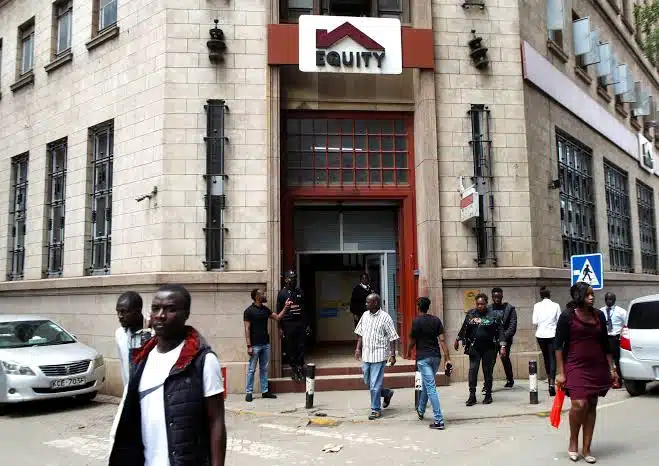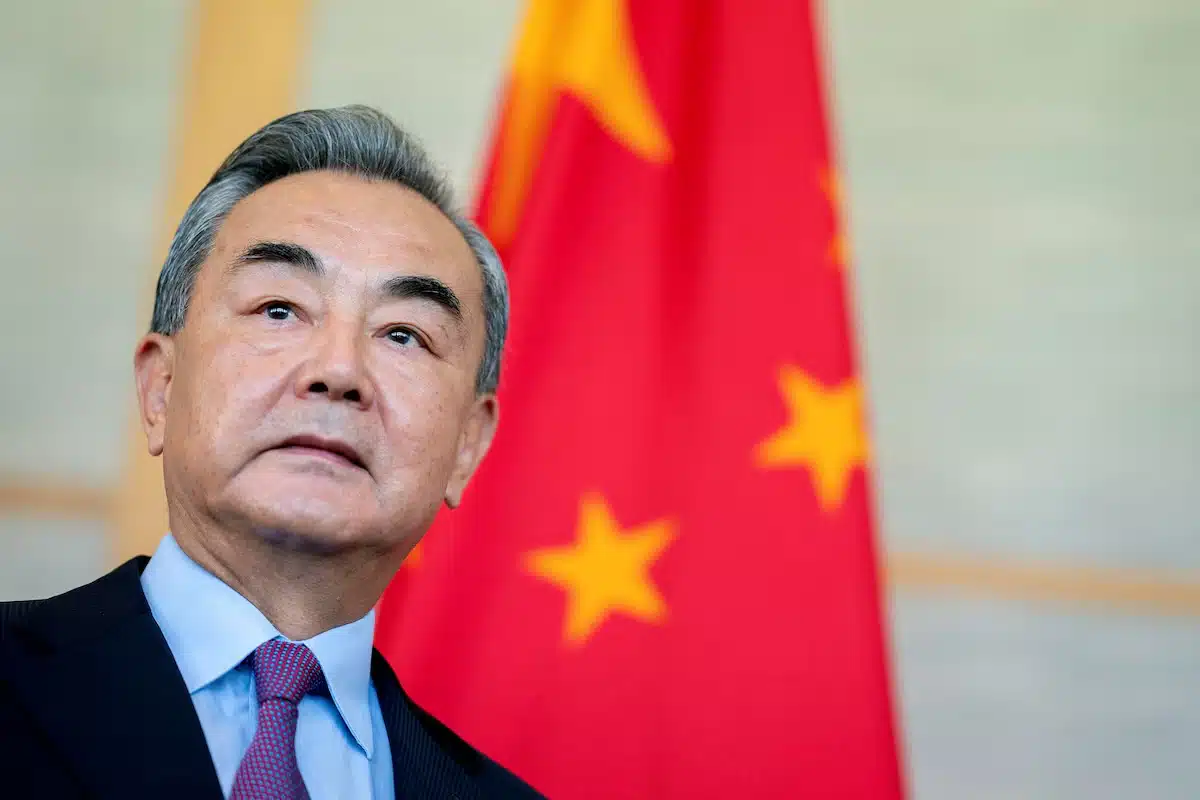The National Bank of Ethiopia (NBE) has released a new draft directive capping aggregate foreign ownership in domestic banks at 49%, setting clear boundaries for foreign participation in one of Africa’s most closely guarded financial sectors.
The move comes four months after Ethiopia officially opened its banking industry to foreign investors for the first time in nearly five decades, signaling a cautious but strategic liberalisation of the sector.
According to the draft, titled Equity Investment by Foreign Nationals and Foreign-Owned Ethiopian Organisations in Banks, “aggregate shareholding by foreign nationals and foreign-owned Ethiopian organizations in a bank, other than a foreign bank subsidiary, shall be limited to 49% of the total subscribed shares of a bank.”
In its preamble, the central bank said promoting a strong and viable banking sector is critical to ensuring macroeconomic stability and sustained growth.
The directive underscores that foreign investors can add strategic value by “strengthening capital, improving efficiency and technology, transferring knowledge, and improving governance.”
The NBE also highlighted the need for a robust regulatory framework to manage risks linked to cross-border investment. “Putting in place a proper legal framework for regulating the equity investment of foreign nationals in banks is important to ensure the safety and soundness of the banking sector,” the draft said.
Under the proposed rules, foreign natural persons will be limited to owning no more than seven percent of a bank’s total subscribed shares, while foreign corporate investors may hold up to ten percent.
However, strategic investors—defined as reputable foreign banks, development finance institutions, or private equity funds—can acquire as much as 40 percent of a bank’s shares.
The directive is anchored in the Banking Business Proclamation No. 1360/2025, which provides the legal foundation for Ethiopia’s gradual financial liberalisation. The central bank’s approach reflects a balancing act between attracting much-needed foreign capital and protecting domestic financial stability.
The draft marks one of Ethiopia’s most consequential financial reforms in recent years, positioning the country’s banking system for deeper integration with global markets while maintaining local control.











